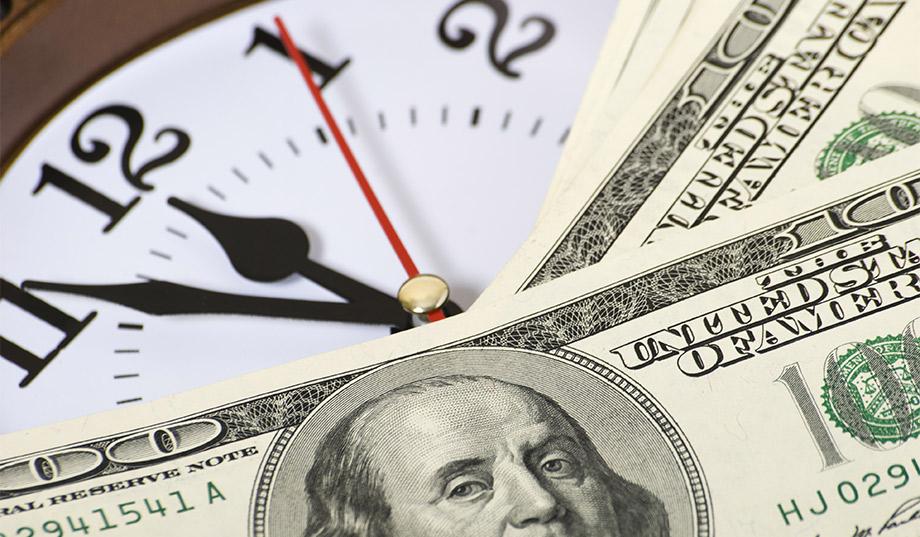The Fair Labor Standards Act is a federal law that requires U.S. employers to pay overtime to employees who work more than 40 hours a week, unless that employee qualifies for an exemption. Employees who are exempt include “any salesman, partsman or mechanic primarily engaged in selling or servicing automobiles.”
The FLSA is silent as to whether service advisors qualify for this exemption. Notwithstanding this, however, a policy of commission-only pay for service advisors has been common in the industry since 1978, when the Labor Department issued an advisory opinion that service advisors were exempt from overtime pay. That is, until 2011 when the Labor Department reversed its position, setting off several years of legal consternation over whether service advisors could be treated like “any salesman, partsman or mechanic” and be exempt from overtime.
In 2014, the Ninth Circuit Court of Appeal in Encino Motorcars v. Navarro gave deference to Labor Department’s decision and held that service advisors were not exempt from overtime. This was a major blow to dealerships who potentially faced millions in additional operating expenses. The holding also conflicted with earlier decisions in the Fourth and Fifth Circuit Courts of Appeal, and the Supreme Court of Montana, all of whom held that service advisors were exempt under the FLSA.
Last year, the U.S. Supreme Court agreed to review the Ninth Circuit’s holding, giving dealers hope that the “non-exempt” ruling would be reversed. The Supreme Court reversed the Ninth Circuit; however, it did not decide the issue on the merits. Instead, it instructed the Ninth Circuit to decide the issue without deference to the Labor Department.
Last month, the Ninth Circuit reached the same “non-exempt” conclusion, this time using different rationale. The net of all this is that we are once again left with a split among the Circuits. A dealership in the Ninth Circuit must now pay overtime to service advisors, whereas one in the Fourth or Fifth Circuit can continue to treat them as exempt. The U.S. Supreme Court will once again have to decide who’s right. Until then, dealerships in the Ninth Circuit will have to live with unequal, if not unfair, treatment under the law.
